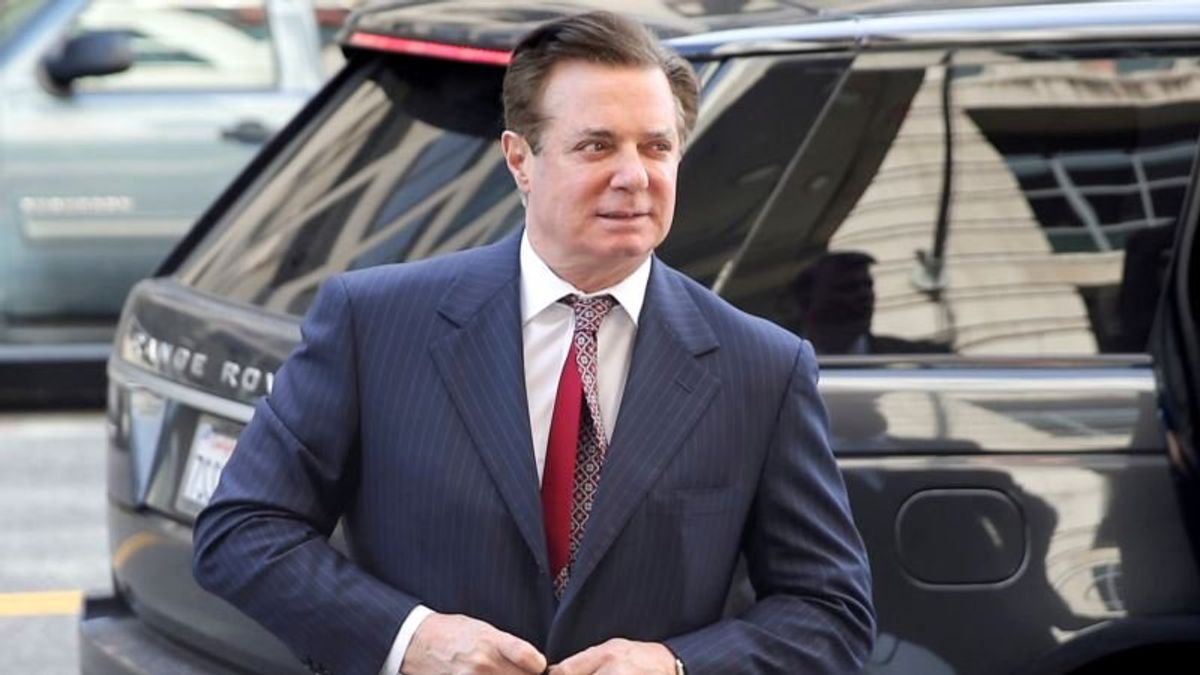
Manafort Jury Begins Deliberations
Manafort Jury Begins Deliberations

A jury begins deliberations Thursday on whether former Trump campaign chairman Paul Manafort is guilty of tax and bank fraud. Manafort faces decades in prison if convicted.
Prosecutors and defense lawyers presented their closing arguments Wednesday, the prosecution arguing Manafort’s life was “littered with lies” as he pursued a lavish lifestyle.
“Mr. Manafort lied to keep more money when he had it, and he lied to get more money when he didn’t,” prosecutor Greg Andres said.

No reasonable doubt, defense says
But defense attorney Richard Westling told the jury Manafort should be acquitted. He said the government had not met its burden to prove that Manafort was “guilty beyond a reasonable doubt,” the standard for a conviction in the U.S. legal system.
Westling said that is the reason the defense decided to rest Its case without calling any witnesses to testify, including Manafort himself.
Westling attacked the government’s contention that Manafort hid millions of dollars in offshore accounts to avoid U.S. taxes so he could fund luxurious purchases. He said Manafort had an adjusted net worth of $21.3 million at the end of 2016.
“Given this evidence, how can we say he didn’t have money?” Westling said.

Star witness
Westling also attacked the prosecution’s star witness, Manafort’s former deputy chairman in the Trump campaign Rick Gates, as a liar and a thief.
Gates had pleaded guilty before Manafort’s trial to helping him hide millions in income from U.S. tax authorities and is awaiting sentencing.
Along with hours of testimony about Manafort’s finances, Gates acknowledged he stole hundreds of thousands of dollars from Manafort in part to finance an extramarital affair in London and lied about his own role in hiding money in offshore accounts.
Prosecutor Andres alleges that overall, Manafort “failed to pay taxes on more than $15 million” in income. It is money the government claims he used to buy palatial mansions, elaborate landscaping, fancy suits and jackets, electronics and other high-priced items.

Much of the money, the government alleges, came from Manafort’s lobbying for deposed Ukrainian President Viktor Yanukovych, who was toppled in a popular 2014 uprising in Kyiv before fleeing to exile in Russia.
But Andres alleged that when the stream of money from Yanukovych dried up four years ago, Manafort financed his luxurious lifestyle by securing about $20 million in bank loans in the U.S. by lying about his assets and debts on loan applications.
“He lied and lied again,” Andres said.
Prosecutors for special counsel Robert Mueller presented two weeks of testimony against Manafort, accusing him of hiding millions of dollars in offshore accounts he earned while lobbying for Yanukovych in the years before Manafort joined Trump’s campaign.
The case has drawn particular interest in the U.S. because it is the first trial conducted by Mueller’s prosecutors in their wide-ranging investigation of Russian meddling in the 2016 election.
They are probing whether Trump associates conspired with Russia to help Trump win the White House and whether Trump, as president, obstructed justice by trying to thwart the investigation.
However, the case against Manafort, a long-time Washington lobbyist, only peripherally touched on the campaign. Instead, it dealt almost totally on accusations about his financial transactions and what he did with the money from Yanukovych and the bank loans.
 Explainer: How Do Security Clearances Work?Next PostTrump Revokes Ex-CIA Director’s Security Clearance
Explainer: How Do Security Clearances Work?Next PostTrump Revokes Ex-CIA Director’s Security Clearance







